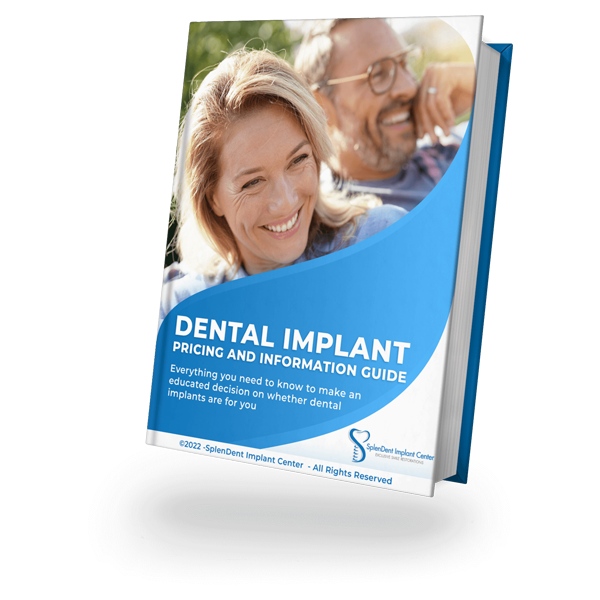616-446-7987
Dental Implants in Norton Shores, MI

What Are Dental Implants?
Treatment Benefits
No Need To Remove For Cleaning
Restore Natural Youthful Smile
Lifetime Durability & Sustainability
Prevent Further Bone Loss
Download Our Dental Implant Pricing & Information Guide
Fill out the form below and we will email/text you the guide along with a $350 savings offer!
The Guide Will Show You
- Dental Implant Options
- Average Pricing
- Factors That Affect Eligibility
- And More...
The Dental Implant Process
If you are missing a tooth or have a broken tooth you’d like replaced with a dental implant, your first step in the dental implant process is to schedule an appointment with one of our SplenDent Implant Center professionals to find out if a dental implant is right for you.
Once you’ve consulted with one of our dental professionals, you will come in for the first step of your dental implant procedure. You will be given a local anesthetic to ensure a pain-free experience. Next, we will carefully secure a titanium post into your jawbone. This may take up to 6 months to heal before you can return to have your dental implant securely placed.
Once your gums have fully healed, you will come in for the next step. During this appointment, your dentist will place an abutment on the implant and take impressions to fit the permanent restoration properly.
The number of visits for a dental implant procedure varies by patient. However, the final step in the dental implant process is always securing your permanent crowns. By this appointment, our SplenDent Implant Center professionals will have ensured that your new permanent restoration is a perfect fit and that you are satisfied with the outcome!

The Dental Implant Healing Process

